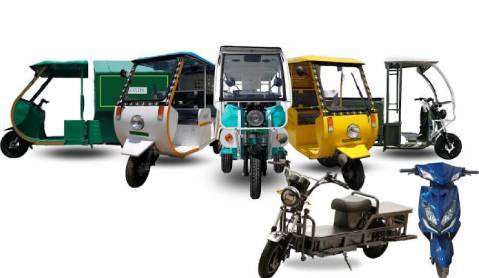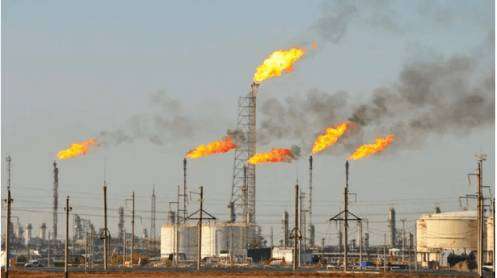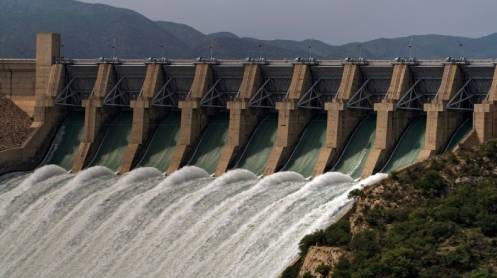ISLAMABAD: The federal government on Thursday launched the National Electric Vehicle (NEV) Policy 2025–30, aiming to revolutionise Pakistan’s transport sector through clean energy, industrial growth, and environmental sustainability.
The policy sets an ambitious target: 30% of all new vehicle sales to be electric by 2030. This shift is expected to save 2.07 billion litres of fuel annually, equivalent to nearly \$1 billion in foreign exchange, while also reducing carbon emissions by 4.5 million tonnes and cutting healthcare costs by \$405 million each year.
As part of its implementation, the government has allocated a Rs9 billion subsidy for FY2025–26 to support the adoption of 116,053 electric bikes and 3,171 electric rickshaws. Notably, 25% of this subsidy is reserved for women, promoting inclusive, affordable, and eco-friendly transport solutions.
Speaking at a press briefing, Haroon Akhtar Khan, Special Assistant to the Prime Minister on Industries and Production, said the policy is aligned with the Prime Minister’s vision of sustainable development and local industrial empowerment. He noted that Pakistan’s transport sector is a leading contributor to carbon emissions and requires urgent reform.
The policy includes several enabling initiatives:
- Installation of 40 new EV charging stations on motorways, spaced roughly every 105 km
- Introduction of battery swapping systems and vehicle-to-grid (V2G) schemes
- Mandatory EV charging infrastructure in new building codes
- Digital subsidy platform for transparent application, verification, and disbursement
With over 90% of parts for two- and three-wheelers already manufactured locally, the policy offers targeted incentives for local producers and SMEs. Locally made electric bikes are reported to be 30–40% cheaper than imported models.
The Auto Industry Development and Export Policy will remain in effect until 2026 and be gradually phased out by 2030, while the NEV policy will undergo monthly and quarterly reviews, with performance audits conducted every six months by the Auditor General of Pakistan.
The government anticipates Rs800 billion in savings over 25 years, thanks to reduced fuel imports, lower capacity payments, and potential carbon credit revenue of Rs15 billion.
Haroon Akhtar added that users of electric bikes or rickshaws could recover their investment in under two years, with reduced fuel and maintenance costs offering a strong economic incentive.
The NEV Policy 2025–30, developed with input from over 60 industry stakeholders, is positioned as a landmark step toward green mobility, energy efficiency, job creation, and technological independence in Pakistan.
Story by Kalbe Ali







